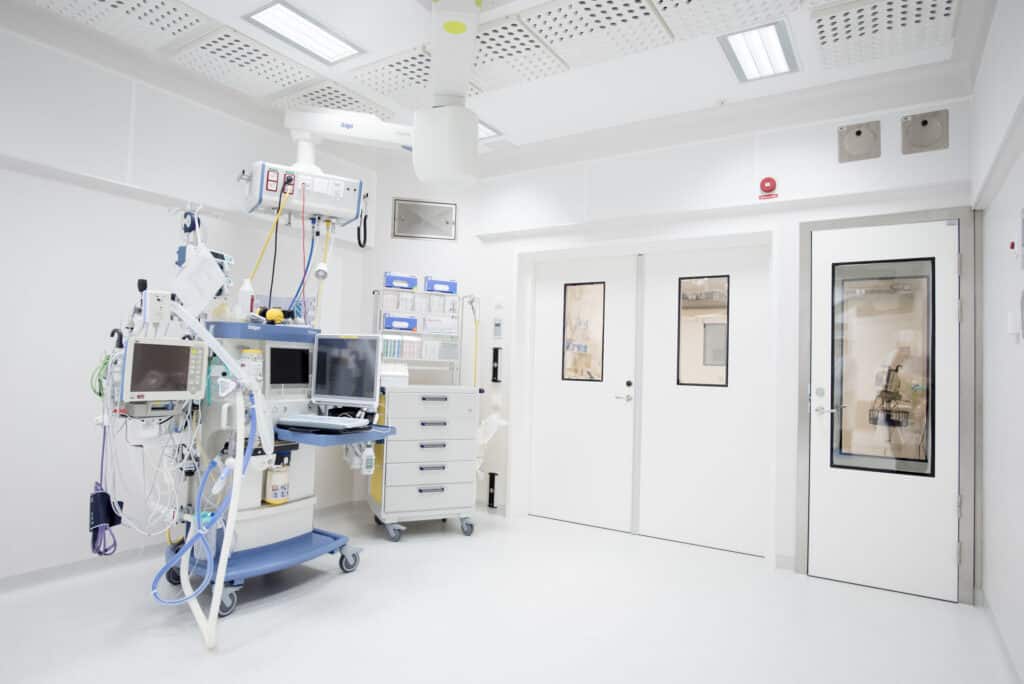The legal name of the association, colloquially known as R3 Nordic, is Nordiska R3-föreningen.
R3 Nordic is a non-profit and public benefit organization that promotes development work, education and scientific research in the field of Cleanliness Technology and Clean Rooms (R3 Technology), i.e. the provision of environments and systems with low and controlled contamination levels for both personal and product protection, with associated maintenance and technology.
Under its own auspices, the association organizes basic courses in cleanliness technology, but also various theme days on ventilation and hospital days etc. and through partners, certifications are carried out according to EHEDG (European Hygienic Engineering & Design Group) and CTCB-I (The Cleanroom Testing and Certification Board International).
R3 Nordic normally also organizes an annual symposium with an associated exhibition that provides the opportunity to acquire new knowledge in different areas of Cleanliness Technology, as well as to make contacts and find business opportunities.
The association is based in Sweden while the board of directors consists of representatives from 4 countries; Sweden, Norway, Denmark and Finland. Each of these countries has a local working committee (LAU), which is responsible, among other things, for domestic courses and for the symposia that alternate between countries. The association also has various sections with specialist expertise in priority areas of activity.
R3 Nordic is a member of ICCCS, an international cooperation body for sister associations in several other countries around the world and cooperates with PDA (Parenteral Drug Association).
The association is not registered for VAT and has no VAT number.
In 1962, the Royal Swedish Aviation Administration invited representatives from SAAB, Ericsson, AGA, gasoline companies and others to a conference in Linköping on cleanliness issues. The reason was that accident investigations and material audits revealed contaminants of all kinds, shapes and sizes in hydraulic, instrument and engine systems. Could these small particles and contaminants affect function and durability. This conference, contacts with the cleanliness technology association A2C2 in the USA in 1963 and a handbook from 1965 entitled “Cleanliness in material handling” are some of the phenomena that initiated the ideas for a Swedish cleanliness technology association.
In the fall of 1966, nine men met in Stockholm to discuss an association for purity technology issues. A Swedish R3 committee was formed and an interim board was set up in 1969. The following year, Norway, Denmark and Finland joined and at a meeting in Sandefjord, Norway in the spring of 1970, Nordiska R3-föreningen was formed.
The cleanliness problems in the air force and engineering industry laid the groundwork. Gradually, however, purity technology in the pharmaceutical field came to dominate the interest of the association. The 1990s saw a broadening of horizons and the addition of stakeholders in food, microbiology and microelectronics. Through the formation of IKL, cooperation with international organizations was intensified, which is also the basis for the decision to start using the name R3 Nordic.

© 2024 R3Nordic.org – Designet af Aveo web&marketing